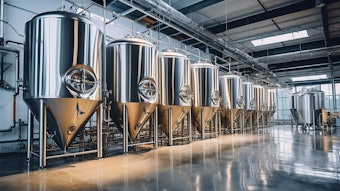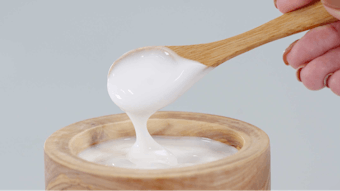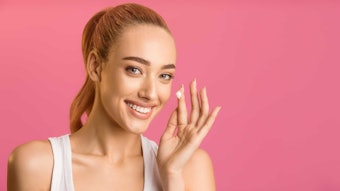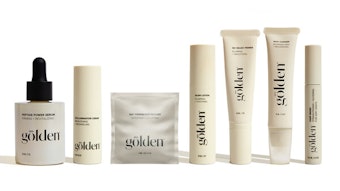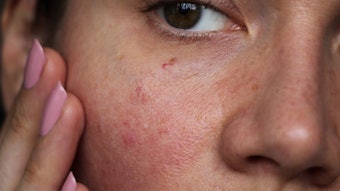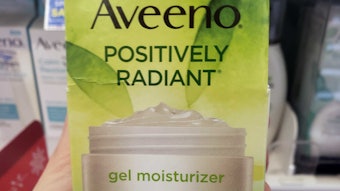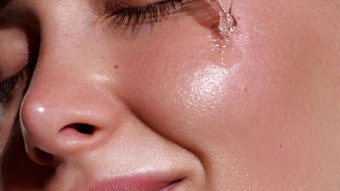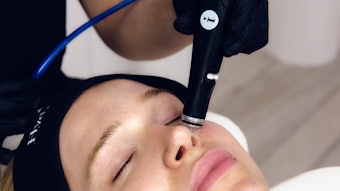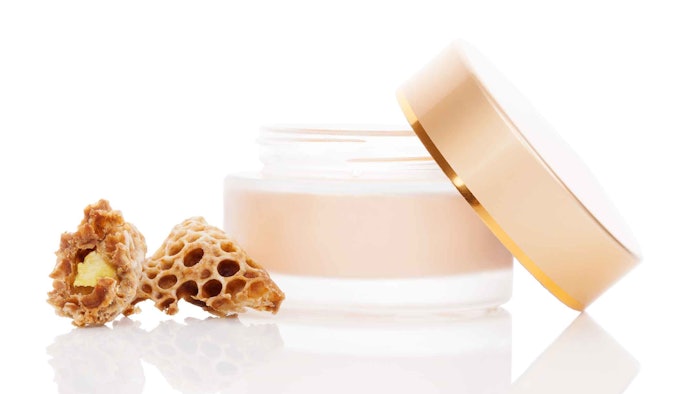
Bees have been busy carrying on alongside us for millennia. The Ancients tapped into bee resources for not just food, but also medical reasons. According to Asli Samanci (AS), Ph.D., managing partner at Bee & You SBS Americas, Inc., Hippocrates even wrote prescriptions indicating bee byproducts to relieve allergies, treat cancer, support the immune system and for other health and skin benefits.
Log in to view the full article
Bees have been busy carrying on alongside us for millennia. The Ancients tapped into bee resources for not just food, but also medical reasons. According to Asli Samanci (AS), Ph.D., managing partner at Bee & You SBS Americas, Inc., Hippocrates even wrote prescriptions indicating bee byproducts to relieve allergies, treat cancer, support the immune system and for other health and skin benefits.
As natural remedies, bee byproducts are especially relevant today, considering the general public's interest in health and immunity. In a recent interview with Cosmetics & Toiletries (C&T), Samanci explored skin health and immunity-related applications for bee byproducts such as propolis, royal jelly and raw honey. She is a doctor of biology, a food scientist and an expert in bee byproducts ranging from honey and propolis, to royal jelly and pollen. Following is an adapted excerpt from the interview.
As a backstory, the company Bee & You was founded when Samanci's five-year-old son, having a weakened immune system, was administered propolis and royal jelly, which greatly improved his condition. Today the company makes products ranging from anti-aging serums and skin care, to sunscreens, deodorants, lip balm, supplements and more — all derived from bee byproducts.
C&T: Why and how have immunity, anti-stress and health concerns entered the skin care space?
AS: Our skin is our biggest organ. We definitely have to look after it very carefully because it's not only keeping us together, it's keeping us [protected] from all the dirt, toxins, etc. — anything that's out there that can be dangerous for our body. Our skin needs nutrition, it has an immune system and it is always stressed throughout the day, e.g., trying to [protect us] from harmful UVA and UVB rays and ... toxins. It's also trying to detox the body. So, it's doing a lot of things throughout the day, [putting it] under stress. And that's how we age. ...
It's possible to keep [skin] young and healthy by feeding it the right nutrition. [In fact], it's very important to look after our skin as we look after our body ... eating good and natural things and getting enough minerals, vitamins and antioxidants each day. ... We have to feed [the skin] the way we feed our body.
That's what we are doing here at Bee & You. We are producing all natural bee products. We are one of the biggest producers of propolis, royal jelly, bee venom, pollen, bee bread and raw honey. ...
We have a patented extraction technology for propolis because it's not edible in its raw form. ... Propolis is a natural antioxidant. Bees collect it from the trees and they use it as a disinfectant in the hive. It's one of the strongest natural antibacterial, antiviral, antifungal, antioxidant products in the world.
We have the strongest extract on the market and that's the extract we use for all our formulations. The first product series that I developed was our anti-aging series with bee venom, propolis, royal jelly and raw honey.
C&T: What are some specific benefits that these topical bee products can provide?
You know, propolis — pro means first and polis means protector of the city, so it is the first protector of the bee city (or hive) — is a substance composed of resins, waxes, essential oils and a variety of bioactive compounds that bees collect from the trees and they use it as a disinfectant in the hive because of its strong antibacterial, antiviral and antifungal properties. These properties come from the superior antioxidants, flavonoids, phenolics, etc., found naturally found in propolis [derived] from the trees.
... So, what health benefits does it have? In literature, it's nothing new. Bees have been producing products for the last 20 million years. ... Hippocrates, the founder of medical science (you could call him) has prescriptions using propolis and all the bee products for skin, relieving allergies, for treatment against cancer, also for supporting the immune system.
When you search Pubmed, Science Direct, etc., you will find more than 120,000 scientific papers published about the health benefits of propolis. It's good for the immune system, it's good for viral infections — even for COVID-19. [Several] papers have been published [on this] within the last few years, four of them with our own brand.
Plus, it's good for the skin because it's a natural antioxidant. And you know, antioxidants are a natural detox for our body and also for our skin. If you don't have enough antioxidants in your daily life, [cellular waste collects] in your body, which can cause type 2 diabetes, cancer, ... high blood pressure and many other diseases — chronic and really dangerous diseases over time. So you need antioxidants daily and propolis is the strongest antioxidant found in nature from the bees, from the trees.
C&T: How does propolis compare with royal jelly? Are they both primarily antioxidants?
No, royal jelly is totally different. It's the milk used by the worker bees for the baby bees. It's like the mother's milk. It has special organic acids and proteins that are produced from the body of the bees, which they feed the baby bees so they grow.
In the hive, normally when baby bees are "born," they are fed the royal jelly for three days and then they are fed honey and pollen. But one bee in the hive goes on being fed with royal jelly (a lot of royal jelly), and that bee turns out to be the queen bee. She's two times bigger, she lives 30 times longer — she turns out to be a "super bee," only fed royal jelly throughout her lifespan. That's such a superior food. It keeps you young, vital and fertile throughout your lifetime.
It's also very good for the skin. Royal jelly is good for the immune system. It's not packed with antioxidants — propolis is a much stronger antioxidant — royal jelly is packed with organic acids, proteins and special enzymes. So it has a different type of chemical structure.
What does it do for the skin? (I love this). when you eat it [or] put it on the skin, it increases collagen synthesis in the skin and in the body. It [signals] our cells to produce more collagen, which keeps our skin young and firm, and shiny and [moisturized]. That's the main effect of it on our skin. It's very valuable.
But it's not the only skin care agent that we can get from the hive. We have bee venom. As you know, bee venom is the product that bees release under your skin when they sting you. What happens is you start itching and there is a little bit of inflammation and redness there. ...The bee venom is calling all the repair agents to the area and it increases blood circulation.
That's how it starts healing the area. Elastin is produced, collagen is produced and there are some special enzymes in bee venom, including melittin, apamin, adolapine peptides, phospholipase, hyaluronidase enzymes, dopamine and norepinephrine amino acids. They help the been venom to reach the third layer of skin where elastin and collagen is produced. And all these ... peptides stimulate elastin and collagen production.
There is also raw honey, which moisturizes the skin. It's also a natural food for the skin. We love it as a natural skin care ingredient as well.
C&T: Do you see other opportunities where bee or bee products could be applied for skin health or immunity?
There is a lot of potential for bee products. For example, ... products applied directly under the skin with needles — bee products can be applied in that way. It's called mesotherapy.
Dermatologists apply vitamins and minerals under the skin to make it look firmer and younger. Or, hyaluronic acid. I believe [doing this with bee products] can keep us looking 20 years old, even when we are 100!
